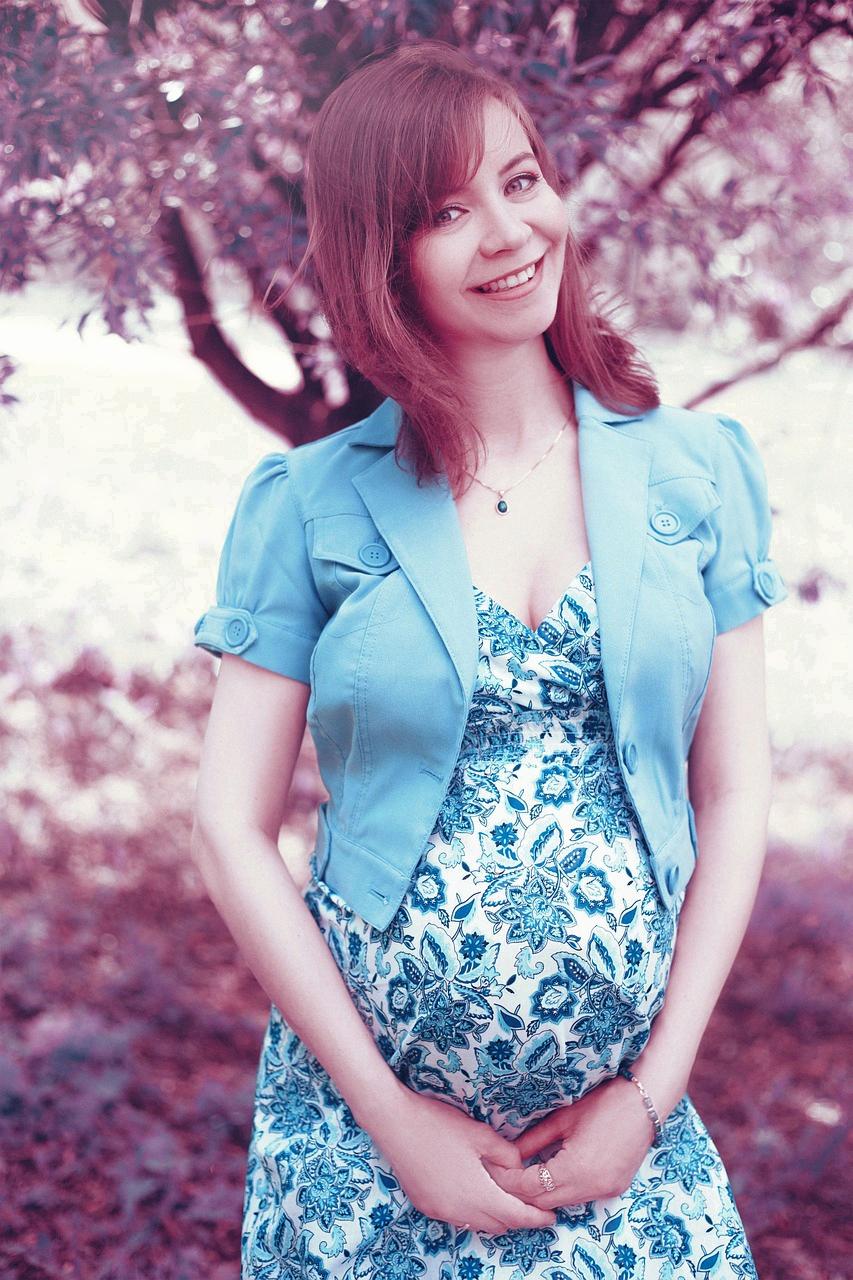Maternal relatives are an essential part of one’s family tree, as they encompass individuals connected through the maternal lineage. In simpler terms, they are the relatives related to an individual through their mother. Let’s delve deeper into the examples of maternal relatives to gain a clearer understanding of this familial relationship.
1. Grandparents
First and foremost, one of the primary examples of maternal relatives is grandparents. These are the parents of your mother, often playing a significant role in your upbringing and familial bonds. Grandparents hold a special place in many families, offering wisdom, love, and guidance.
2. Aunts and Uncles
Maternal aunts and uncles are also considered maternal relatives. They are the siblings of your mother, forming a close-knit circle within your extended family. Aunts and uncles often provide support, care, and unique perspectives in your life.
3. Cousins
Cousins are the children of your maternal aunts and uncles, making them an integral part of your maternal relatives. Growing up with cousins can create lifelong bonds and cherished memories, as they are often close in age and share family traditions.
4. Siblings
Your maternal siblings are also vital maternal relatives. These are individuals who share the same mother as you, creating a strong familial connection and shared experiences. Siblings play a unique role in shaping your upbringing and understanding of family dynamics.
5. Nieces and Nephews
Nieces and nephews are the children of your siblings, further extending the network of maternal relatives. As an aunt or uncle, you have the opportunity to form special bonds with these young family members and watch them grow and thrive.
6. Great-Grandparents
Great-grandparents are another example of maternal relatives, representing the previous generation in your maternal lineage. Learning about the stories and heritage of your great-grandparents can provide valuable insights into your family history.
7. Great-Aunts and Great-Uncles
Great-aunts and great-uncles are the siblings of your grandparents, marking them as part of your maternal relatives. While the generational gap may be significant, these relatives can offer a wealth of knowledge and connections to your extended family.
8. Second Cousins
Second cousins are individuals who share a great-grandparent with you, making them distant but still significant maternal relatives. Despite the potential geographical distance, second cousins can create familial bonds that bridge generations.
9. Godparents
Godparents are chosen individuals who play a special role in a child’s life, often providing spiritual guidance and support. While not directly related by blood, godparents can be considered honorary maternal relatives, offering an additional layer of familial connection.
10. Step-Relatives
In blended families, step-relatives such as step-grandparents, step-siblings, and step-aunts/uncles may also be considered maternal relatives. These individuals bring unique dynamics and relationships to the family unit, contributing to the rich tapestry of maternal connections.
11. In-Laws
Through marriage, in-laws become part of one’s extended family, including maternal in-laws such as mothers-in-law, sisters-in-law, and daughters-in-law. While not blood-related, these individuals play essential roles in familial gatherings, celebrations, and support systems.
12. Extended Family Friends
Extended family friends who have become like family over time can also be considered maternal relatives. These individuals, though not biologically related, hold a special place in the family circle, offering companionship, advice, and shared experiences.

